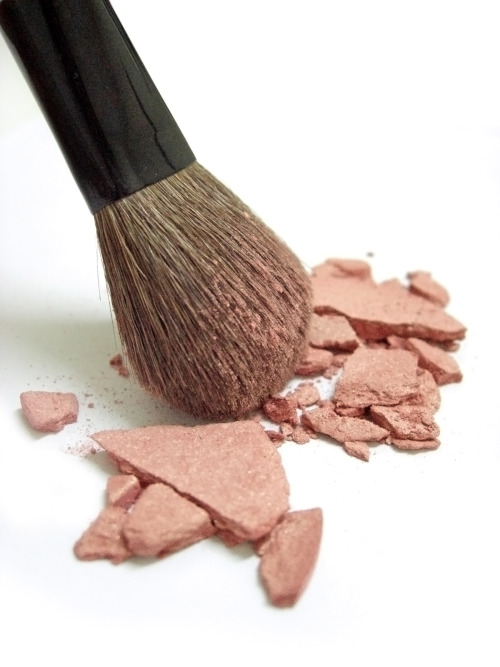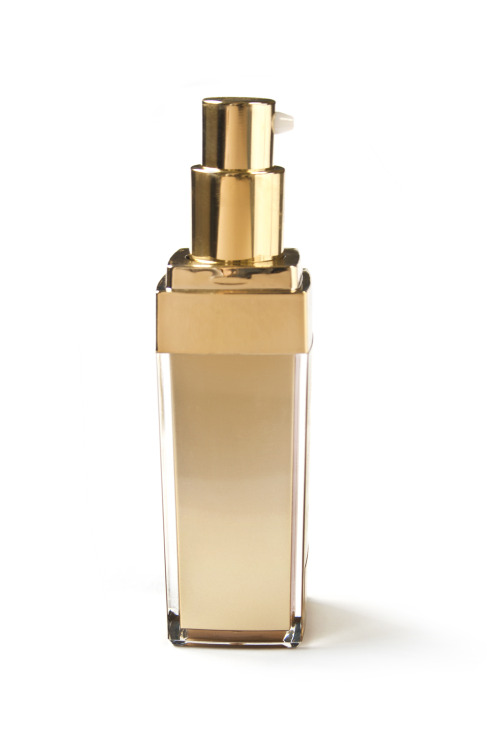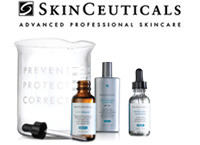Why should we protect ourselves from the sun year round?
/ While ultraviolet B (UVB) rays are the main cause of sunburns and are the strongest in the summer, ultraviolet A (UVA) rays remain constant throughout the year. UBA rays prematurely age our skin, causing wrinkles and age spots. UVA rays account for up to 95 percent of the UV radiation reaching the Earth. UVA rays are so prevalent that they can even go through glass, making sun protection necessary indoors as well as out. The greatest part of our sun exposure occurs in brief intervals year round such as walking the dog or sitting in traffic. The UV damage accumulated from these small daily exposures add up over time and can lead to premature skin aging. Just because you do not lie out in the sun or tan regularly, you can still be getting skin damaging exposure.
This is why sun protection is so essential all year around. It is important to choose a broad spectrum sunscreen that will protect you from both UVA and UVB rays. Look for ingredients such as zinc oxide and titanium dioxide as they reflect the light away from your skin allowing little absorption. Lotion up liberally. Additionally, reapply throughout the day as the sunscreen you apply in the morning will not be effective by the end of the day. Luckily, there are products that make re-application easy and convenient. At Britannia Dermedics, we love Colorescience products and especially the powdered sunscreens called Sunforgettalbes. These sunscreens are available in a SPF30 and SPF50, as well as in different shades to match your skin tone. They can even be applied over makeup quickly and effectively.
While ultraviolet B (UVB) rays are the main cause of sunburns and are the strongest in the summer, ultraviolet A (UVA) rays remain constant throughout the year. UBA rays prematurely age our skin, causing wrinkles and age spots. UVA rays account for up to 95 percent of the UV radiation reaching the Earth. UVA rays are so prevalent that they can even go through glass, making sun protection necessary indoors as well as out. The greatest part of our sun exposure occurs in brief intervals year round such as walking the dog or sitting in traffic. The UV damage accumulated from these small daily exposures add up over time and can lead to premature skin aging. Just because you do not lie out in the sun or tan regularly, you can still be getting skin damaging exposure.
This is why sun protection is so essential all year around. It is important to choose a broad spectrum sunscreen that will protect you from both UVA and UVB rays. Look for ingredients such as zinc oxide and titanium dioxide as they reflect the light away from your skin allowing little absorption. Lotion up liberally. Additionally, reapply throughout the day as the sunscreen you apply in the morning will not be effective by the end of the day. Luckily, there are products that make re-application easy and convenient. At Britannia Dermedics, we love Colorescience products and especially the powdered sunscreens called Sunforgettalbes. These sunscreens are available in a SPF30 and SPF50, as well as in different shades to match your skin tone. They can even be applied over makeup quickly and effectively.
Always remember, practicing sun safety is a lifelong and year-round must.













